Choosing the right roofing material is a pivotal decision, and metal roofs have gained popularity for their durability and energy efficiency.
This article will discuss the advantages and disadvantages of metal roofs, helping you as a homeowner weigh your options.
Pros of Metal Roofing
1. Metal Roof Longevity
Metal roofs are renowned for their exceptional lifespan, ranging from 40 to 70 years or more. This far exceeds the durability of traditional asphalt shingles. Such remarkable longevity allows homeowners to enjoy decades of security and protection without the stress and financial burden of frequent roof replacements.
The investment in a metal roof translates into years of dependability and peace of mind, underscoring its value as a long-term asset for any property. Its ability to remain in prime condition through various climatic challenges ensures that homeowners can rely on their metal roofs for superior shelter and comfort for many years to come.
2. Durability
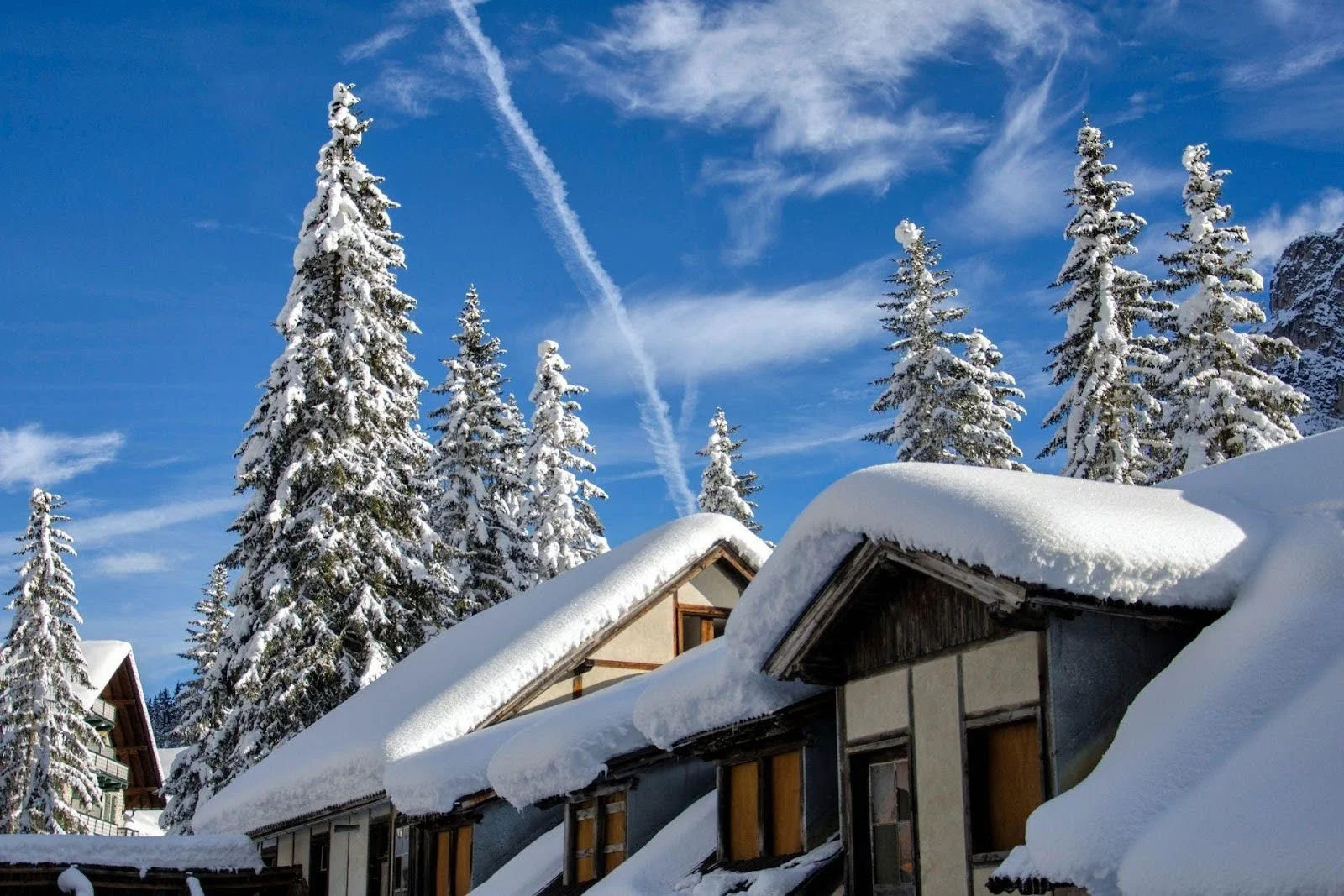
Engineered to confront and withstand the forces of nature, metal roofing panels and shingles are built for superior endurance. They confidently face extreme weather conditions such as heavy rain, snowstorms, and high winds, providing unmatched protection for your home.
Beyond their resistance to harsh weather, metal roofs are also impervious to fire, pests, and decay. This showcases a level of resilience that is critical for homeowners seeking a reliable and sturdy roofing solution. This robust durability not only safeguards your home but also significantly reduces the likelihood of emergency repairs, further enhancing the appeal of metal roofing as a secure, long-lasting investment.
3. Energy Efficiency
Metal roofs stand out for their ability to reflect solar heat, a feature that sets them apart in terms of energy efficiency. By minimizing heat absorption, especially during the warmer months, they significantly reduce the need for air conditioning. This leads to considerable savings on cooling costs.
This attribute of metal roofing not only promotes a more comfortable indoor climate but also contributes to lower energy bills. Offering financial relief over the lifespan of the roof, the energy-saving benefits of metal roofs are particularly pronounced in regions with warm climates. They make an ideal choice for homeowners looking to optimize their home’s energy efficiency and comfort.
4. Environmental Sustainability
A key advantage of metal roofing is its contribution to environmental sustainability. Composed of materials like galvanized steel and aluminum, which boast a high percentage of recycled content, metal roofs support a cycle of reuse that benefits the environment.
At the end of their long service life, metal roofs can be fully recycled, further minimizing their ecological footprint. This commitment to sustainability makes metal roofing an attractive option for eco-conscious homeowners. It aligns with the growing demand for green building practices and materials that support the health of our planet.
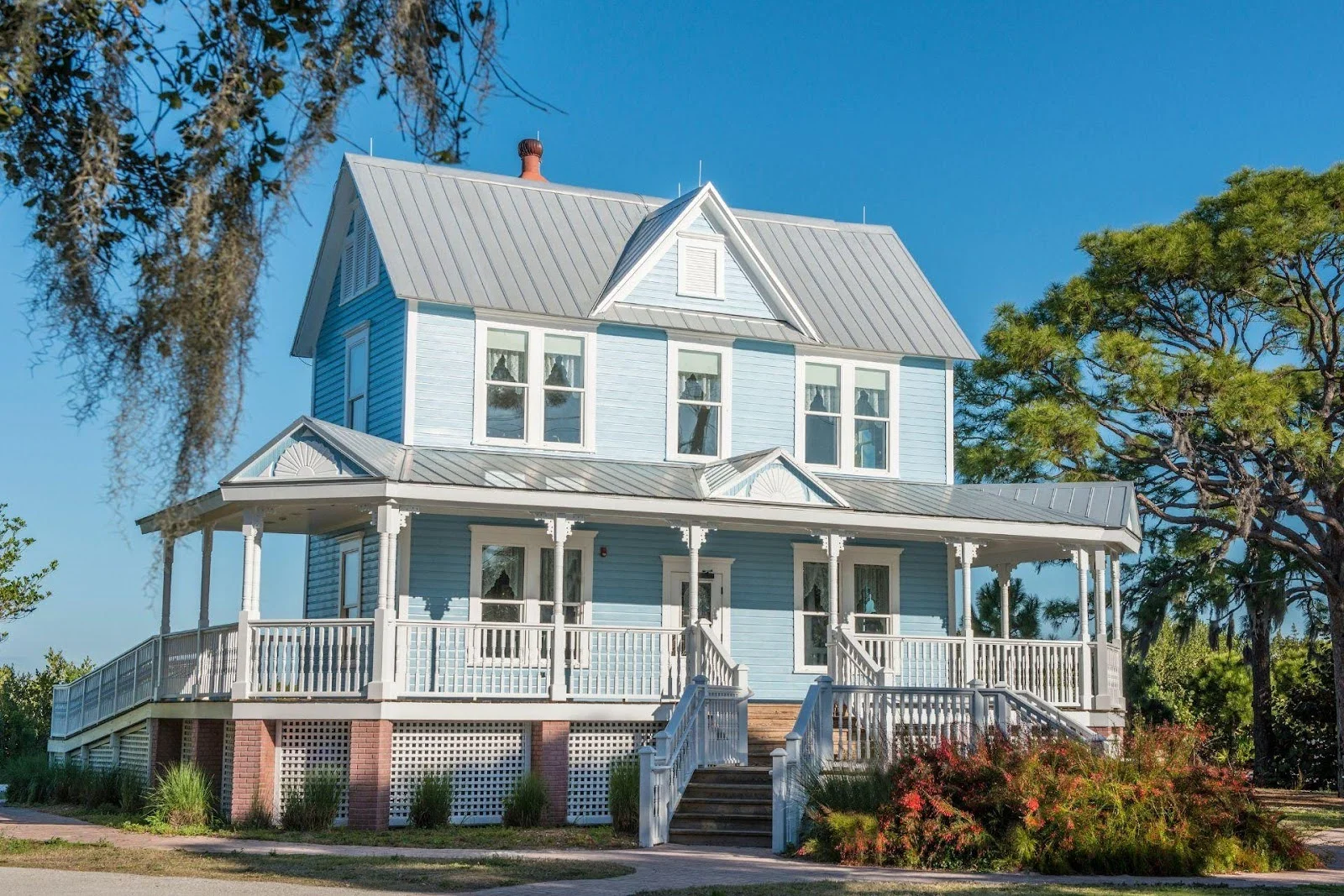
5. Aesthetic Flexibility
Metal roofing offers an unparalleled level of aesthetic versatility, allowing homeowners to tailor their roof’s appearance to match their unique style and architectural preferences. With an extensive selection of styles, colours, and finishes, metal roofs can complement any home design, from sleek and contemporary to classic and traditional.
Whether you’re drawn to the sophisticated look of standing seam panels or the rustic charm of metal shingles that mimic clay tiles or wood shakes, metal roofing provides the flexibility to achieve your desired aesthetic. This ability to enhance a home’s curb appeal, coupled with its functional benefits, makes metal roofing a compelling choice for those looking to elevate their property’s appearance and value.
6. Low Maintenance
One of the standout features of metal roofing is its low maintenance requirement, a significant advantage for homeowners seeking durability without the hassle of frequent upkeep.
Unlike traditional asphalt shingle roofs, which may need regular repairs and replacement due to weather damage or aging, metal roofs maintain their integrity over decades with minimal care. The resilience of a metal roofing material like steel against elements like heavy rain, snow, wind, and even fire, means that homeowners can enjoy a worry-free roof that remains in excellent condition with just occasional inspections and cleaning.
This low maintenance benefit not only saves time and effort but also contributes to the overall cost-effectiveness of metal roofing as a long-term investment for any home.
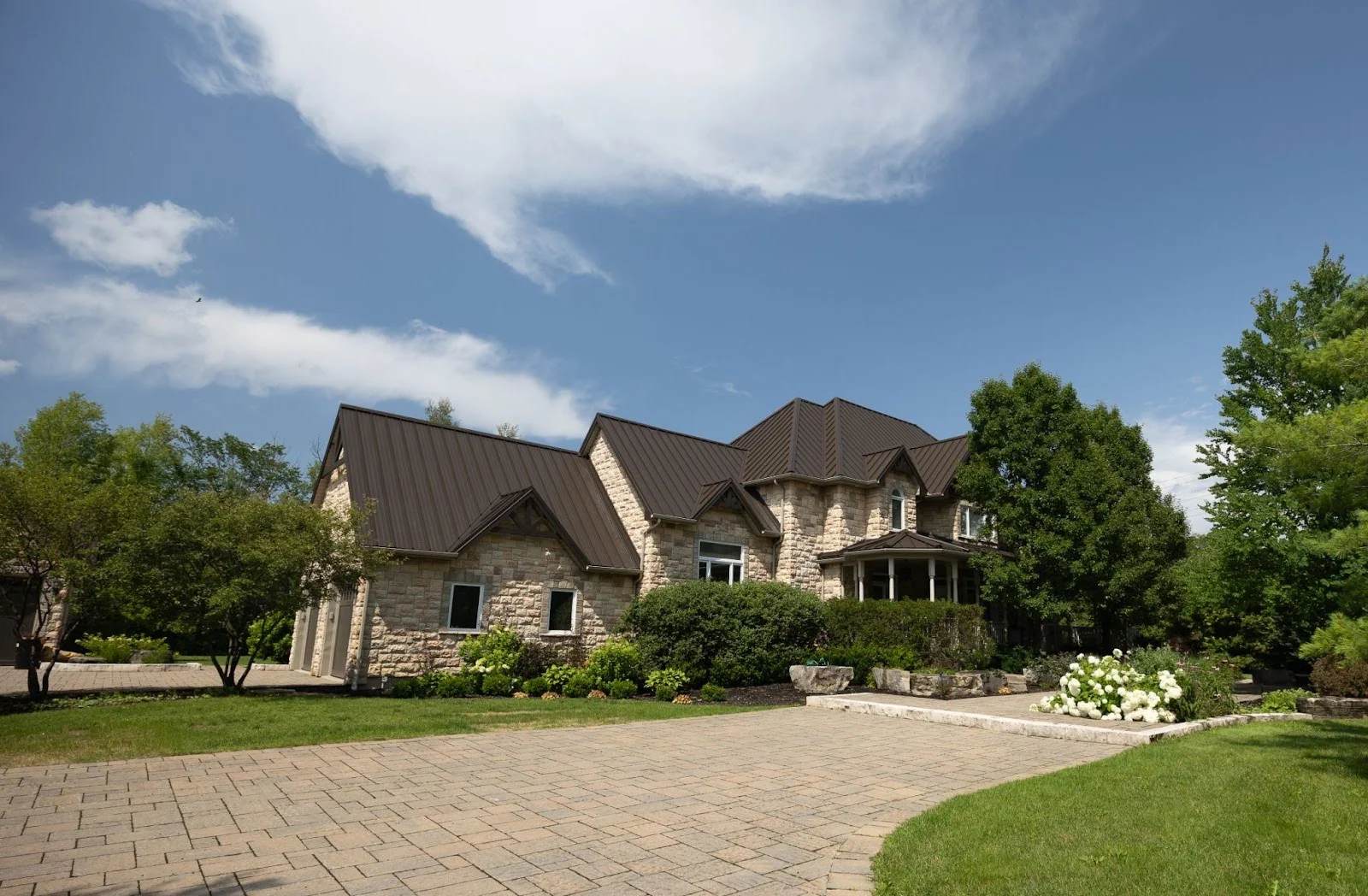
Cons of Metal Roofing
Now that you have learned all the benefits of metal roofs, we’ll also walk through the potential drawbacks.
1. Higher Initial Cost
Metal roofs may entail a slightly higher initial investment. However, they prove to be a more economical choice following the first significant windstorm and continue to save money every year thereafter.
We’re discovering that this assertion holds less weight in today’s market. As shingle prices hover around $50 per bundle and the labour-intensive process of tearing them off and disposing of them adds to the workload, the cost disparity between asphalt and metal roofing has narrowed significantly.
2. Potential for Noise
Metal roofs might generate more noise than other roofing materials during events like rain. However, many homeowners find the gentle pattern of rain on a metal roof comparable to the soothing sound of ocean waves. It becomes a background noise that blends into the ambiance, noticeable only if one pays attention to it. Additionally, proper insulation can further reduce any potential noise, making it a non-issue for the majority of homeowners.
3. Expansion and Contraction
Due to temperature fluctuations, metal roofing materials are subject to expansion and contraction. To ensure the longevity and integrity of the roof, it’s crucial to hire experienced roofing contractors like
Country Towne to handle the installation. The professionals know how to account for these movements, preventing any potential issues with your roof system and the structure of the building.
4. Considerations of Lightning
The belief that metal roofs attract lightning is largely unfounded. Although metal is a conductor of electricity, it does not increase the likelihood of a lightning strike. Metal roofs are no more prone to lightning than any other roofing material, offering peace of mind to homeowners concerned about this risk.
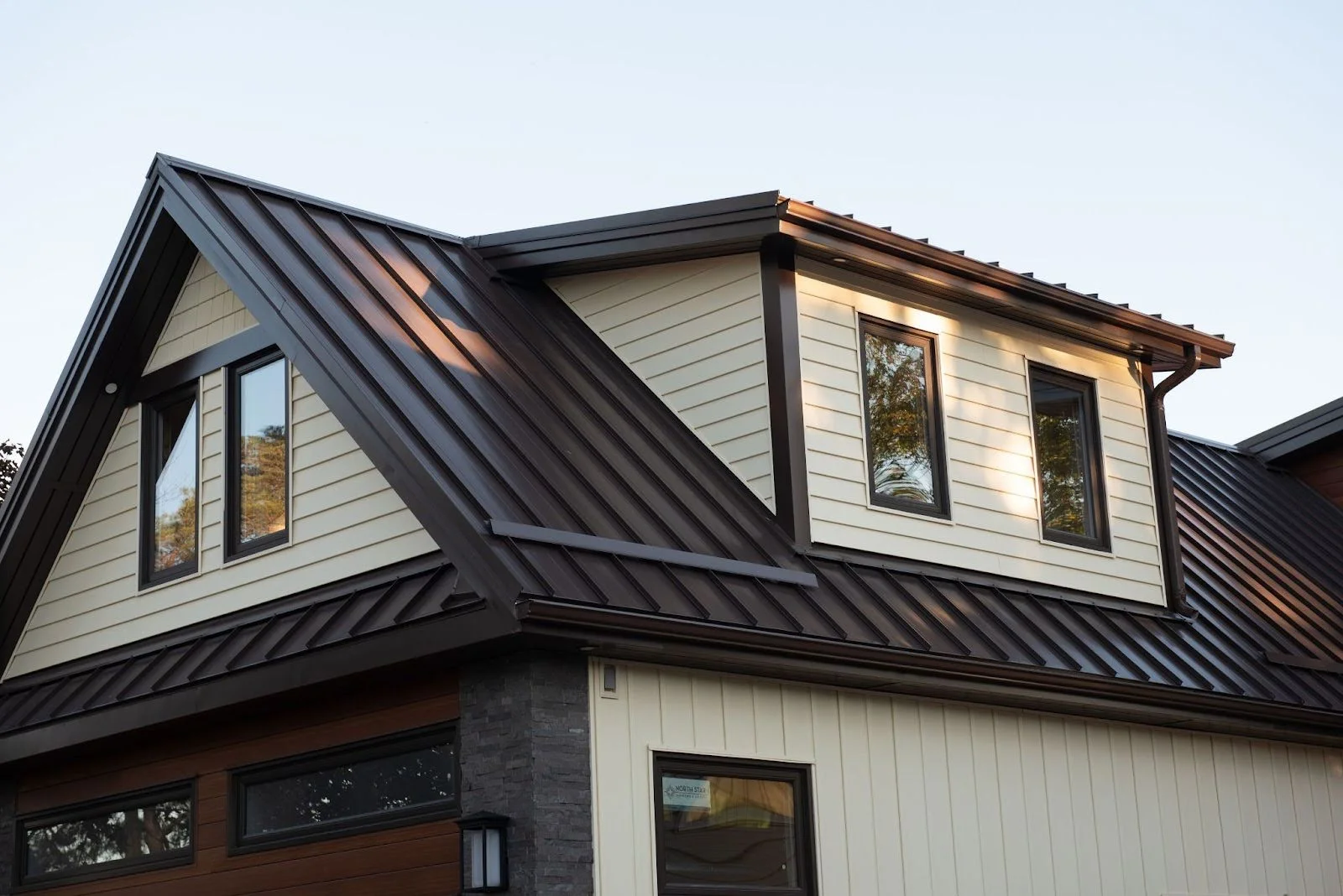
Choosing the Right Roofing Material
When selecting roofing materials, consider factors like longevity, energy efficiency, and aesthetic preferences. While metal roofing offers numerous advantages, including durability and environmental benefits, it’s essential to weigh these against the higher initial cost and installation considerations.
Metal roofing systems, from steel roofs to corrugated metal, provide a robust, energy-efficient, and stylish roofing solution. Whether you’re replacing an existing roof or choosing materials for new construction, understanding the pros and cons of metal versus traditional asphalt shingles is key to making an informed decision.
The Bottom Line
Metal roofing presents a compelling option for homeowners seeking a durable, energy-efficient, and attractive roofing solution. Despite the higher upfront cost, the long-term benefits of metal roofs such as their minimal maintenance requirements, environmental sustainability, and ability to withstand extreme weather, make them a worthwhile investment for many.
As you contemplate your roofing choices, consider the long-term value and benefits metal roofing can offer to your home.
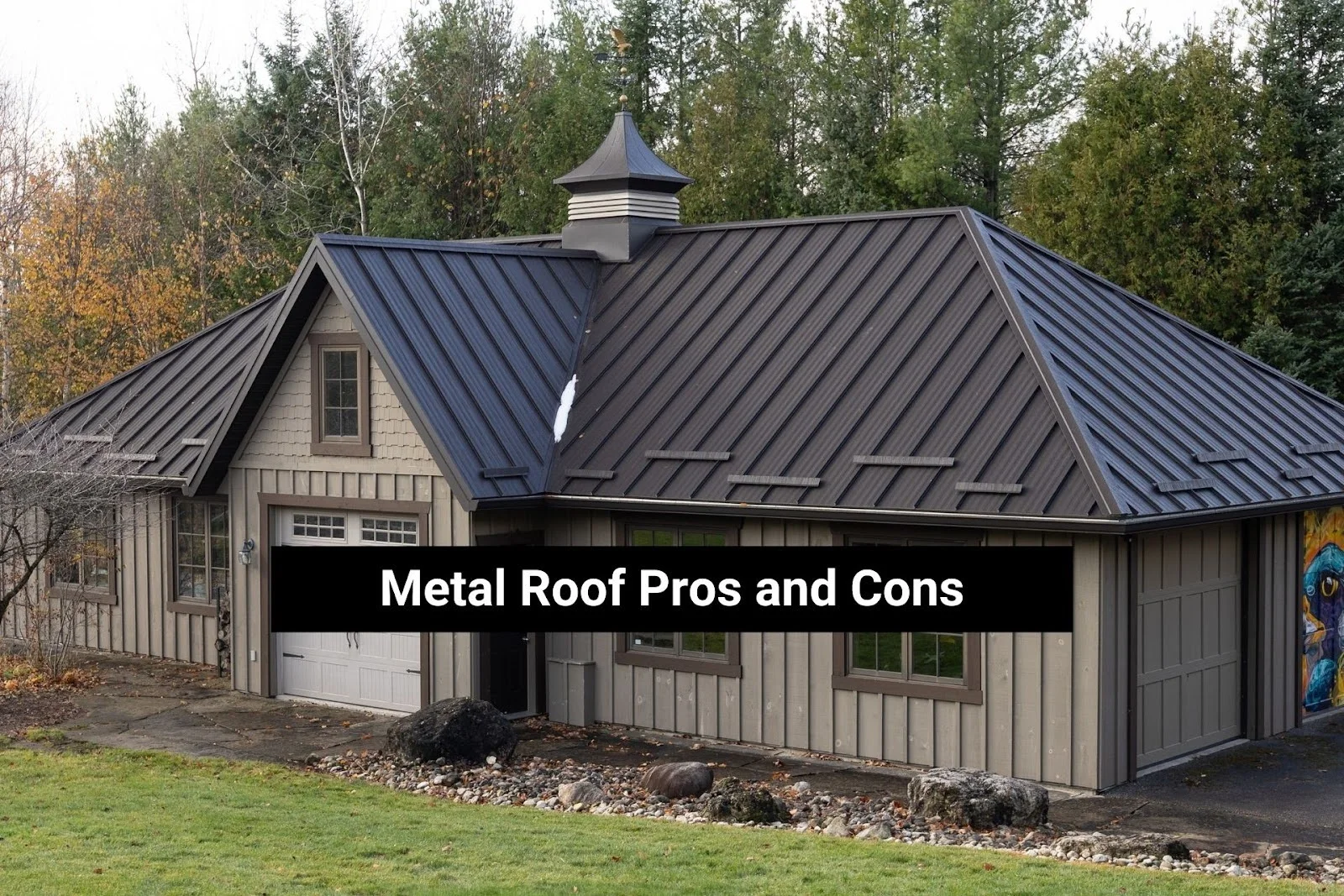
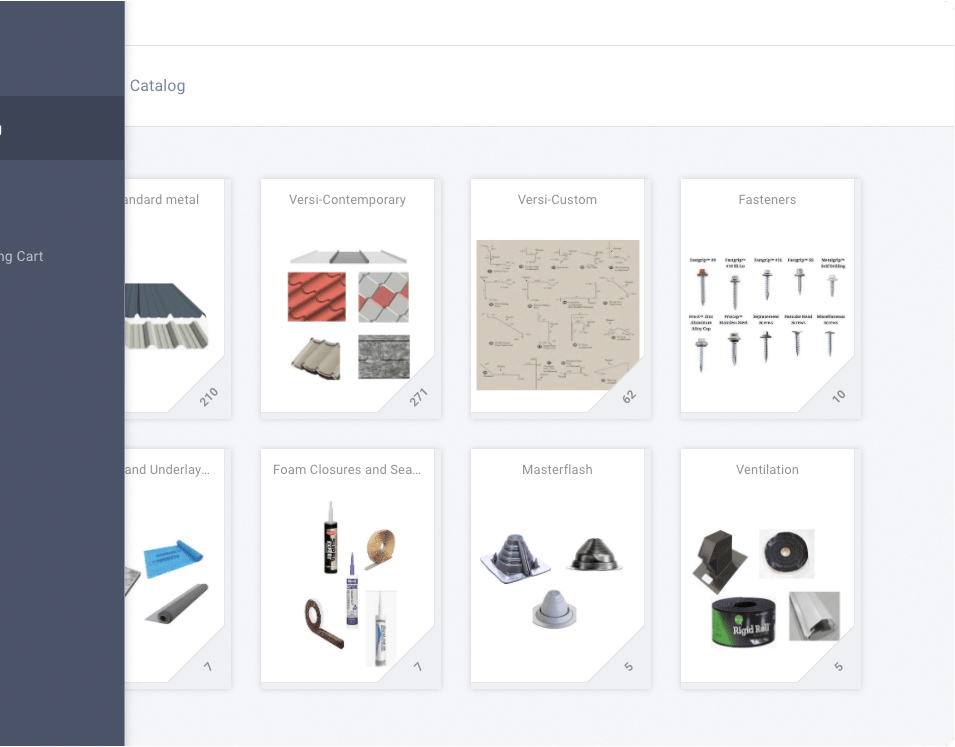

Share This Article
Choose Your Platform: Facebook Twitter Google Plus Linkedin